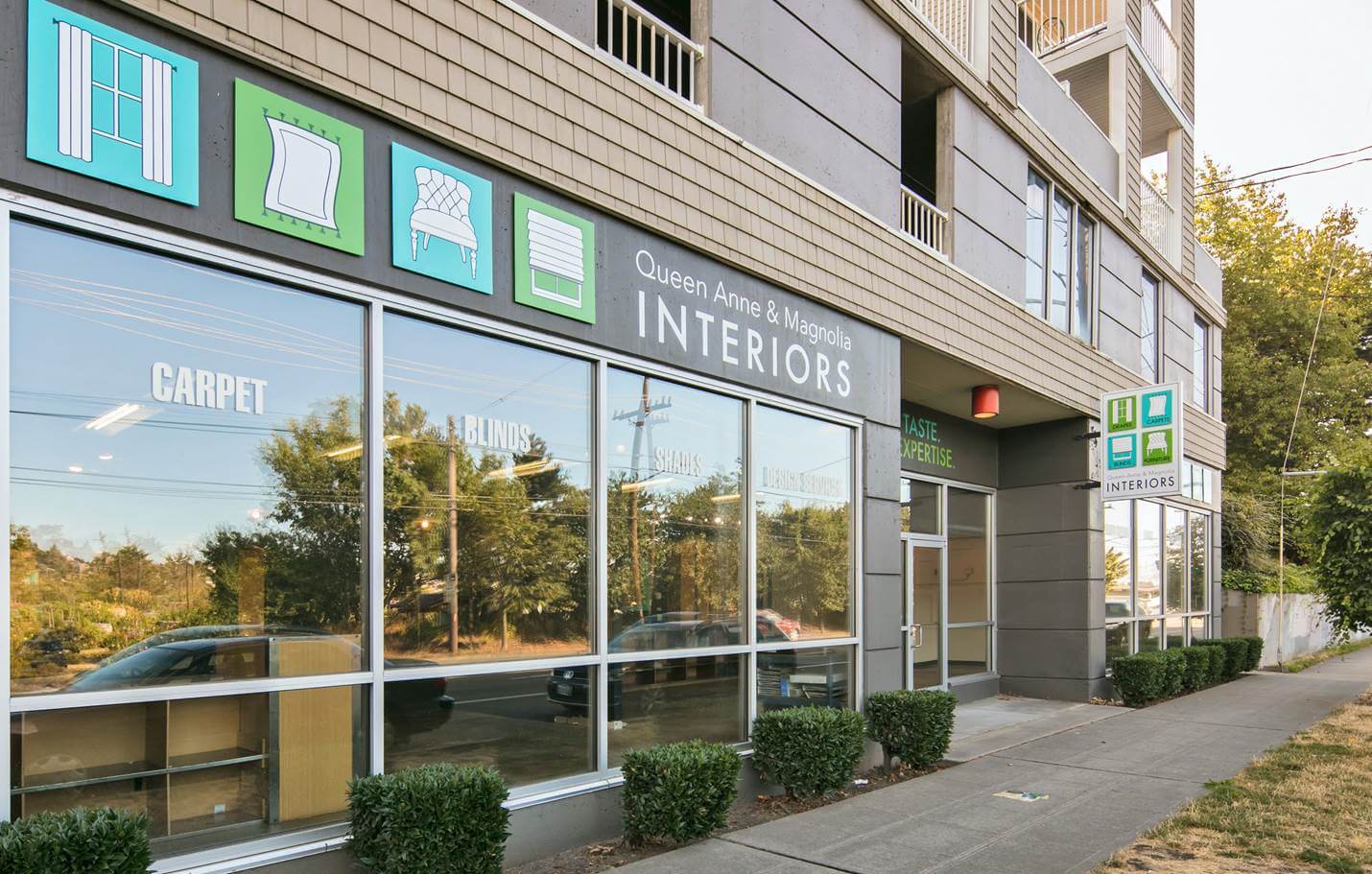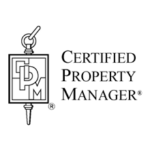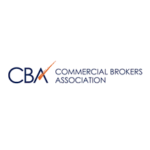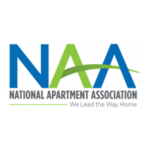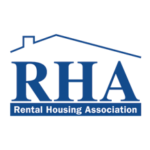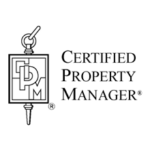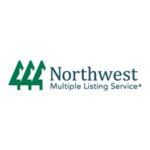Education
Tenant and Landlord Safety Issues
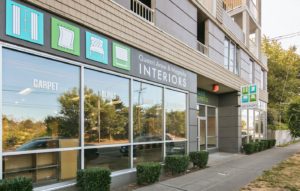 Most business owners are very aware of potential health and safety issues. Barely a day goes by where a story does not appear on the news or in the paper that details a serious injury suffered by a customer or employee while on the job. Business owners usually are very careful about the insurance they carry and the issues at their companies that may cause injuries. They live with visits from OSHA, insurance companies, and other inspection authorities and are consistently reminded to correct issues that may be a potential cause of injury.
Most business owners are very aware of potential health and safety issues. Barely a day goes by where a story does not appear on the news or in the paper that details a serious injury suffered by a customer or employee while on the job. Business owners usually are very careful about the insurance they carry and the issues at their companies that may cause injuries. They live with visits from OSHA, insurance companies, and other inspection authorities and are consistently reminded to correct issues that may be a potential cause of injury.
Unfortunately, most owners of investment real estate do not look at their properties as a “business”. To them it is an investment that requires their time, patience, diligence, and money. Their most important issues are vacancies, rental rates, and the all important cash flow to meet the debt service and taxes that are due on the properties.
Most investors do not pay enough attention to the amount of risk that is taken when attention and diligence is not sufficiently applied to property safety issues.
When is the last time you or your property manager did a detailed unit by unit inspection of the entire property? We all know it “should be done” on a regular basis however it’s so very easy not to do it. I always ask owners the question and the usual response is “it’s been a few years.” Their reasons for not doing so are many. “The last time I did an inspection, I didn’t find anything.” “My on-site manager checks the units when they turnover.” “My insurance company sends someone by every year.” I don’t like to bother my tenants.” I’m sure we could fill the pages with seemingly reasonable excuses however the bottom line is it must be done on a regular basis.
Let’s take a look at some tenant issues:
- Smoke detectors: I can’t remember an inspection of any property in which we did not find numerous smoke detectors that were either removed completely or had the batteries removed from the detectors. It makes all the sense in the world to the tenant. They don’t want to hear the noise when they cook and burn something. What they fail to realize is the danger they are placing themselves in as well as the other property residents. Make sure all your units have the smoke detectors installed and operational.
- Frayed or ripped carpeting: Most tenants do not bring maintenance issues to the attention of management as they fear it may result in a rental increase, if the landlord must spend money to fix the problem. If the common areas or units have carpets that are worn and separating, the odds of a trip and injury become much greater. The same goes for other types of flooring that has lifted up or has become worn.
- Mold: Mold issues are common and can be easily handled. The problem occurs when you don’t know about it. Do your leases contain specific instructions to the tenants about mold? If the answer is no, then why not? Many tenants shut their windows during the winter to conserve energy. Although wall and other leaks can cause mold, most of it occurs when moisture is created from cooking and showers. Many units do not have sufficient ventilation to disburse the moisture and mold begins to grow. Abatement and treatment is fairly easily accomplished. The problem occurs when you get a call or a letter from a tenant telling you they have suffered medical injuries from the mold which you “permitted” to grow in their unit. Typically, these claims state that because of the injury, they are no longer able to work. I think you can figure out the rest of the story.
As frightening as the above tenant issues are, the liability and risk owners face makes the tenant issues seem small by comparison. Unfortunately, most owner’s safety liability issues become apparent when something has happened to trigger a written communication to the owner. Think law suit, attorney letter, or a letter from a tenant or person that was injured on your property.
The old adage, “an ounce of prevention is better than a pound of cure,” comes to mind. The best offense is often a good defense.
- One area that is often overlooked by owners is the immediate area outside of the building. Are there any potholes, or large cracks in the driveway or entryway? Think trip and fall. That’s what the law suits are typically called. Are there any items in the garage area or in the back of the property that may cause someone to trip? Any items that may fall or drop and hurt someone?
- It is my personal belief that we have a responsibility to our tenants to make sure that the communities are safe. If there are gates, do they close properly?
- Is there sufficient lighting in the exterior areas to light pathways and other exterior areas? Are the fixtures operational? Often times the exterior lights are on timers or turn on when it gets dark. Have you driven by your property at night to make sure the systems are operable.
- Perhaps the most onerous item for owners is one that is never thought about. Who do you hire to do your maintenance? Are they licensed and bonded? The State of Washington recently audited our company and I’m sure others to make sure that we were paying the appropriate L&I insurance on our property managers. The rate we pay does not include having the managers perform maintenance. Were they to become injured doing performing a job that we did not cover them on, who do you think the state would look to for the claim? If you guessed the owner you are correct.
Are all of your maintenance people licensed and bonded? If you answered yes, I would like to inquire how you know. This has become a huge issue for owners. Many use skilled but not licensed contractors. They are by definition working for you, the property owner. If you have someone go up on the roof and they fall off and do not have coverage, who is responsible? You! What if someone fixes an electrical outlet and it ends up shorting out and injuring someone? If the person that did the repair was not licensed and bonded, who do you think would end up (I can’t help myself) on the hot seat?
We live in a very litigious society. It is important as property managers and owners that realize we are responsible for the tenants, guests, and properties we manage. There are many things we can do to cut our operational expenses however letting safety issues go is extremely short sited and could end up costing you a lot of your money and your time. Each property is different. Make a list of things you feel you need to check on and schedule the time to do it. Put it in your calendar along with your birthday every year to remind yourself to get it done or make sure you have your property management company do it. Yes it is their job however as I have already stated It’s easy not to do.
About the Author
Bruce A. Kahn, CCIM, CPM is a Managing Director of Foundation Group Investment Real Estate Solutions, a full-service property management and brokerage company. He has earned the designation of CCIM (Certified Commercial Investment Member) issued by the CCIM Institute, and is a CPM (Certified Property Manager) with the IREM (Institute of Real Estate Management). For further information or for a property analysis, please contact him at 206-324-9424 or by email.
is a Managing Director of Foundation Group Investment Real Estate Solutions, a full-service property management and brokerage company. He has earned the designation of CCIM (Certified Commercial Investment Member) issued by the CCIM Institute, and is a CPM (Certified Property Manager) with the IREM (Institute of Real Estate Management). For further information or for a property analysis, please contact him at 206-324-9424 or by email.
